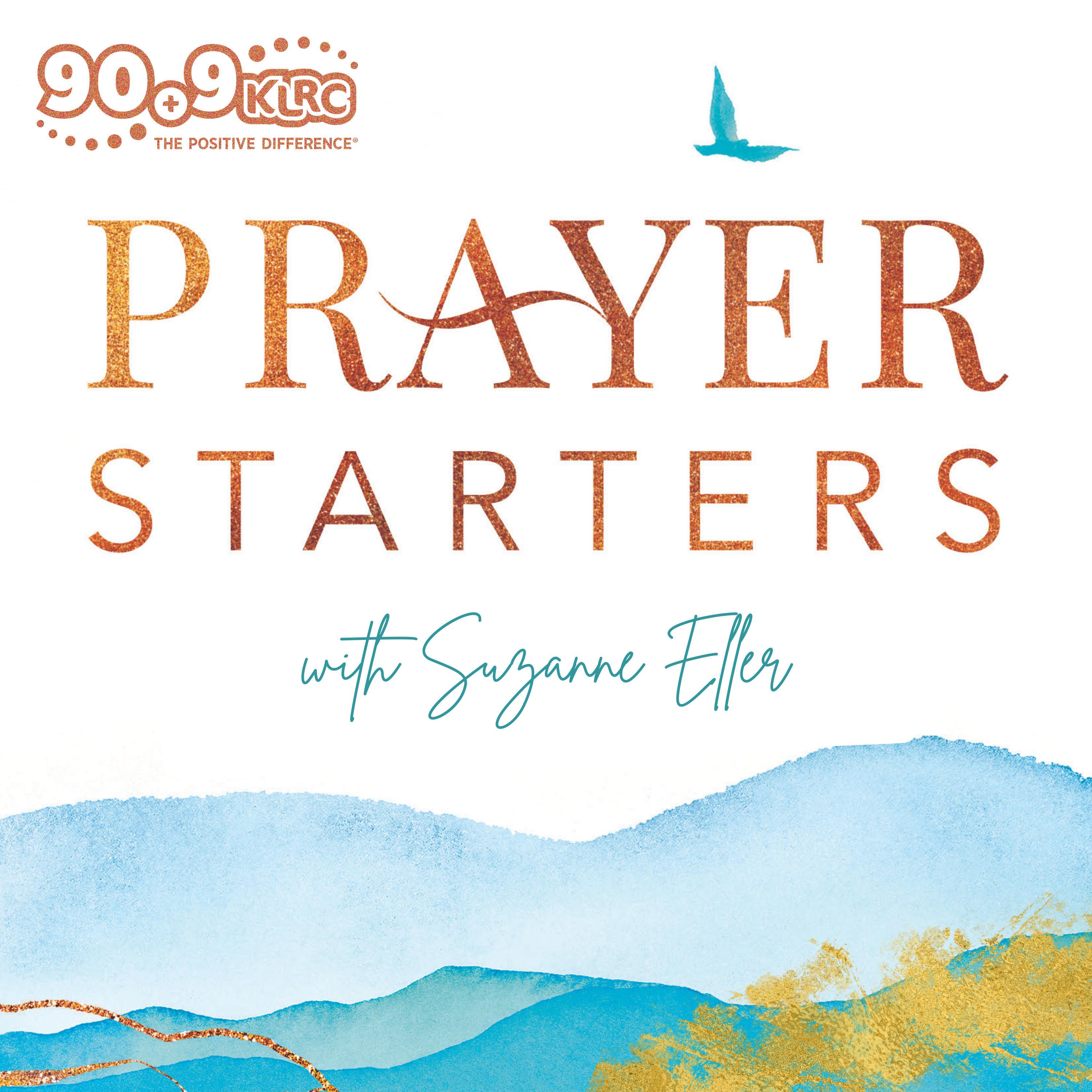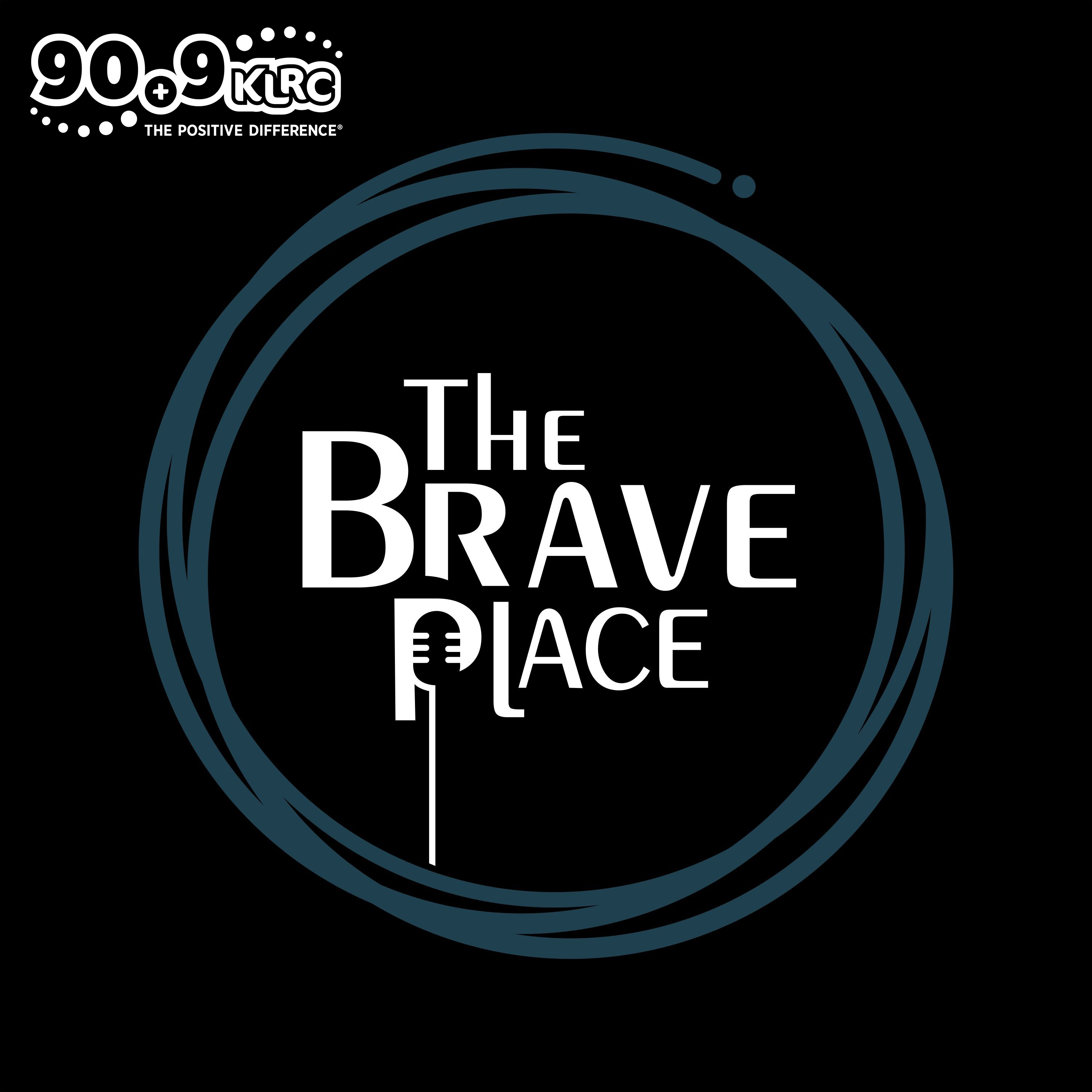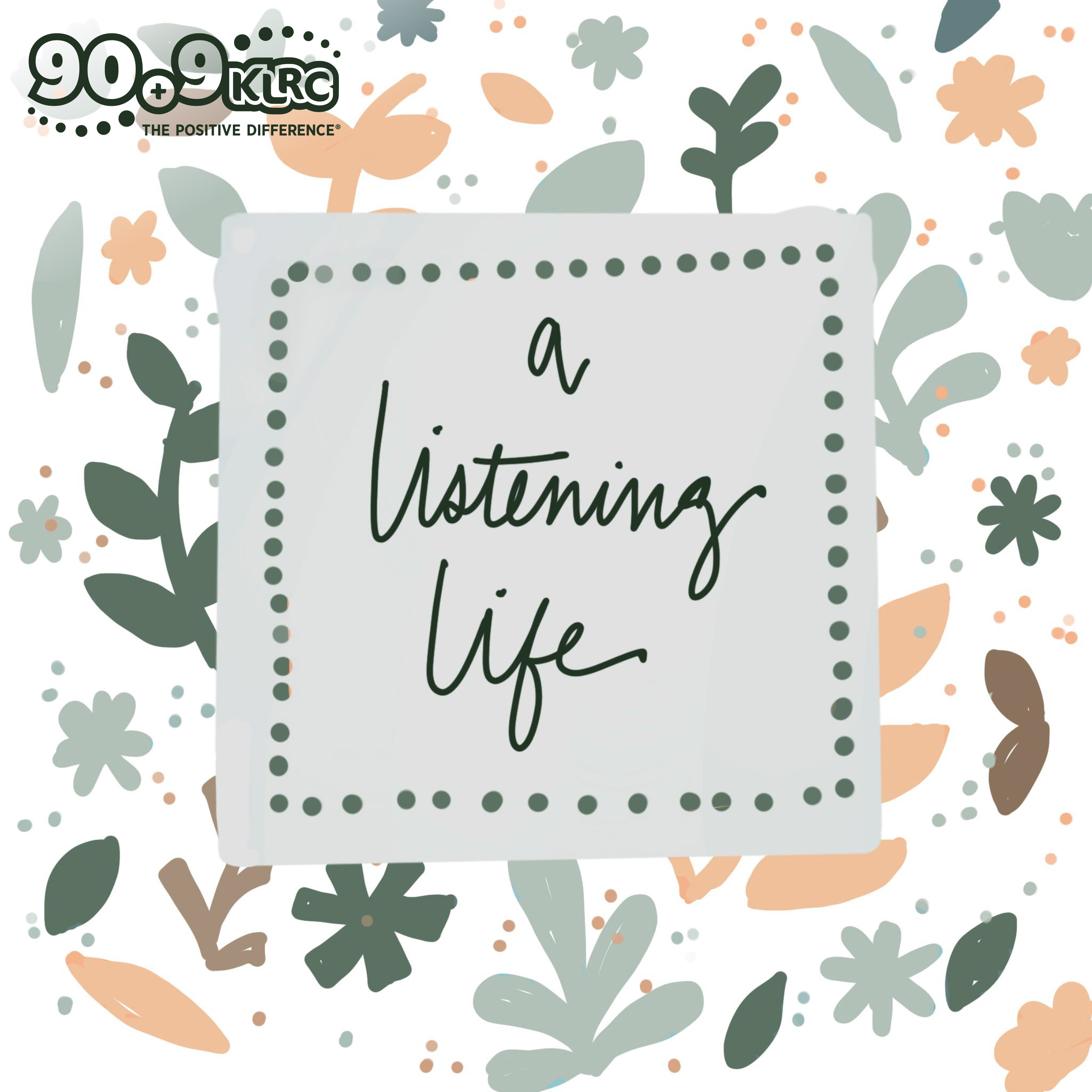

There’s an old praise & worship song I often sang at youth group and church camp back in the 90’s. The song is pretty repetitive, with just one word being replaced with a new one as you sing each subsequent verse. It’s called “Take My Life,” and it goes like this:
Holiness, holiness, is what I long for.
Holiness, holiness, is what I need.
Holiness, holiness, is what you want from me.
You remember it? The second verse usually exchanged the word “holiness” for “righteousness,” but there were also variations that employed “faithfulness” or some other virtue. And up to this point, the song seems pretty straightforward… after all, who among us wouldn’t aspire to be holy, righteous, and faithful?
But then along comes the third verse:
Brokenness, brokenness, is what I long for.
Brokenness, brokenness, is what I need.
Brokenness, brokenness, is what you want from me.
Interestingly, this verse wasn’t included in certain renditions of the song. It’s understandable. Even I can remember a rare moment of reflection as a teen where I wondered why in the world I was singing about wanting to be broken.
Then and now, we’re used to hearing or using the word “brokenness” to describe the depravity of the human condition – our sin nature. And to be clear, I’m not necessarily saying that usage of the word is wrong. The idea of “being broken” as an analogue to the doctrine of original sin has some helpful explanatory power.
But if brokenness means “sin,” the song doesn’t make much sense. Sin isn’t what God wants from me, and it’s certainly not what I need. So what’s the deal?
This week’s KLRC Words of Hope come from Isaiah 57:15:
“The high and lofty one who lives in eternity, the Holy One, says this: "I live in the high and holy place with those whose spirits are contrite and humble. I restore the crushed spirit of the humble and revive the courage of those with repentant hearts.”
This verse describes two seemingly disparate attributes of God. In the words of Franz Delitzsch, "The Holy One is also the Merciful One, and not only has a manifestation of glory on high, but also a manifestation of grace below."
God as the Holy One is described in 2 Chronicles 6:18, which says that not even the heavens can contain Him. God as also the Merciful One is found in Psalm 51:17: “The sacrifice you desire is a broken spirit. You will not reject a broken and repentant heart, O God.”
And there it is – brokenness. In this context, the meaning of a “crushed spirit” in Isaiah 57 becomes clear. We’re not talking about being broken like a shattered vase, but like a tamed horse. This brokenness isn’t sin, it’s surrender. This brokenness leads us toward repentance, not away from it. When we’re broken, it means we are no longer resisting the merciful work of God in our lives.
Armed with this understanding of brokenness as virtue rather than vice, we can begin to make sense of both “Take My Life” and Isaiah 57:15. Brokenness is what I long for, it's what I need, and it really is what God wants from me. Because when we seek contrition and humility, the Holy and Merciful One will be faithful to restore and revive us.
Suddenly, brokenness seems pretty beautiful.





